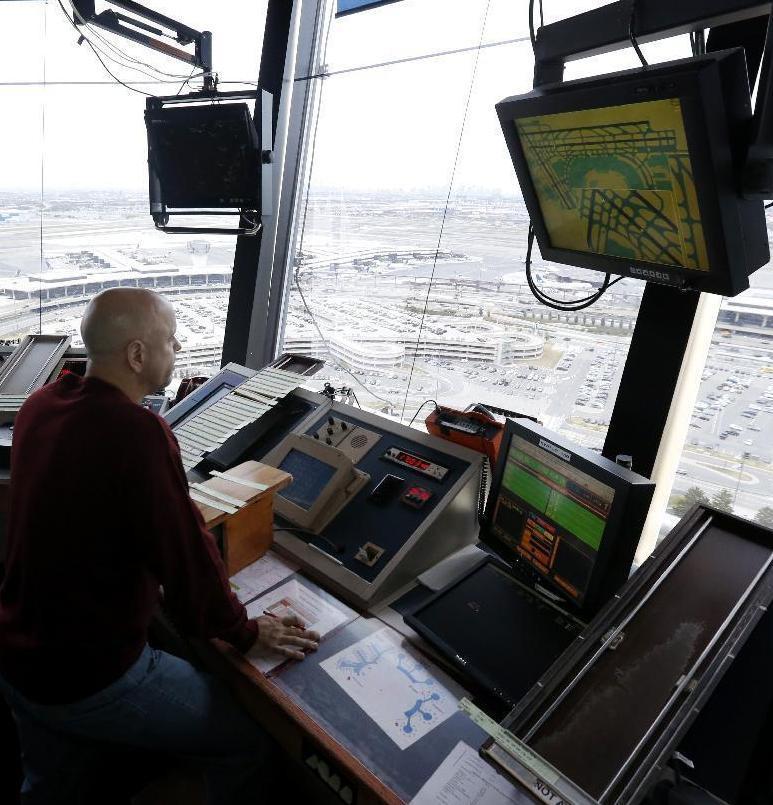Air traffic controllers are ‘too sleepy’, secret study shows
Air traffic controllers’ work schedules often lead to chronic fatigue, making them less alert and endangering the safety of the national air traffic system, according to a study the U.S government kept secret for years. Federal Aviation Administration officials posted the study online just hours after The Associated Press reported the findings — and noted that agency officials had declined to furnish a copy despite repeated requests over the past three months, including a Freedom of Information Act filing. The AP was able to obtain a draft of the final report dated December 1, 2011.
Chronic fatigue may be considered to pose a significant risk to controller alertness, and hence to the safety of the ATC (air traffic control) system.
Study findings
The impetus for the study, which was produced by NASA, was a recommendation by the National Transportation Safety Board to the FAA and the National Air Traffic Controllers Association to revise controller schedules to provide rest periods that are long enough “to obtain sufficient restorative sleep.” The study found that nearly 2 in 10 controllers had committed significant errors in the previous year — such as bringing planes too close together — and over half attributed the errors to fatigue. A third of controllers said they perceived fatigue to be a “high” or “extreme” safety risk. Greater than 6 in 10 controllers indicated that in the previous year they had fallen asleep or experienced a lapse of attention while driving to or from midnight shifts, which typically begin about 10 p.m. and end around 6 a.m.
Although fatigue is an issue in any 24/7 operation, the FAA has taken many positive steps to minimize fatigue. The fatigue modeling we’ve done shows that there is greater alertness using these updated scheduling practices.
FAA spokeswoman Laura Brown

Americas air traffic controllers